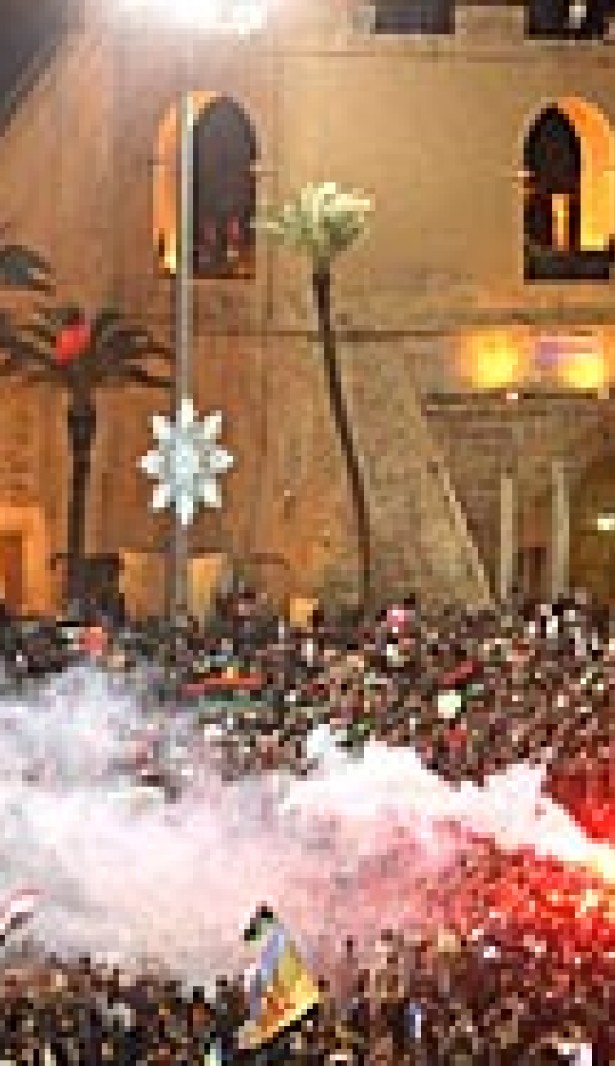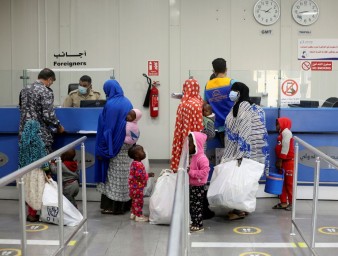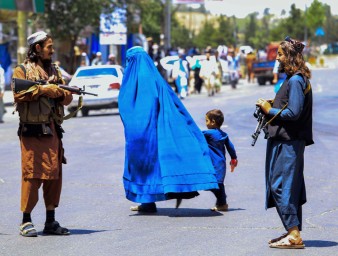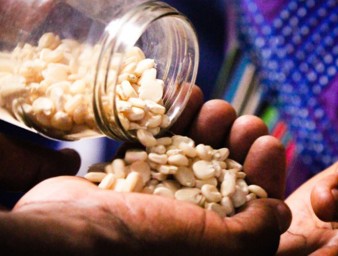Human rights violations and war crimes committed by both sides – the latest report on Libya
08 March 2012
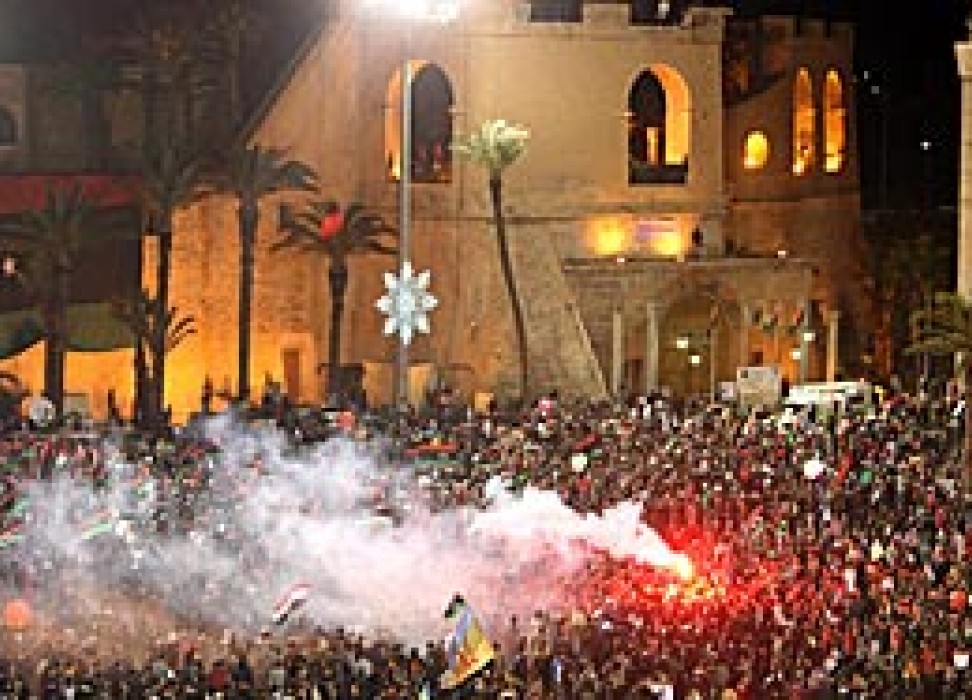
In its latest report, the International Commission of Inquiry, established by the Human Rights Council in February 2011, stresses that the situation in Libya cannot be fully comprehended “without understanding first how profoundly damaged Libyan society has been over the last 40 years.” The Commission refers specifically to serious human rights abuses, widespread corruption and nepotism and the manner of governance.
“While major abuses are still occurring, the difference between the past and the present is that those responsible for abuses now are not part of a system of brutality sanctioned by the central government,” according to the report.
The Commission found that forces loyal to Qadhafi were involved in a range of violations including murder, torture, enforced disappearances and certain acts of sexual violence as part of a widespread or systematic attack against the civilian population. These violations, the Commission says, amount to breaches of human rights and humanitarian laws and crimes against humanity.
Citing extra-judicial executions, torture, enforced disappearance and indiscriminate attacks and pillage, the anti government fighters were also found to have committed war crimes and crimes against humanity. The Commission says none of the violations committed by the anti government fighters has been investigated by the authorities and “breaches of international human rights law continue to occur in a climate of impunity.”
The Commission offers specific examples and details of its investigations to support these allegations.
One such instance involved the murder of detainees in Tripoli by retreating Qadhafi forces. As the city fell to the opposition, guards threw three grenades through the doors of a warehouse holding prisoners and then opened fire. Of the 157 detainees, the report says only 51 survivors have been confirmed.
The Commission also describes killings by the anti government forces, including the executions of a number of Chadian nationals and captured Qadhafi soldiers. The report details the execution of as many as 78 captured government fighters and civilians in a hotel in the town of Sirte, some of whom had their hands bound behind their backs and had been shot.
Concern is expressed in the findings at reports that particular groups have been targeted. The Commission investigated in detail the circumstances which led to the entire population of one town, Tawergha, being forced to flee and not permitted to return.
Tawergha, with a population of around 30,000 is just south of the large regional city of Misrata. The residents of Misrata are largely Arab and those of Tawergha mostly black descendants of slaves.
The Commission concluded that “The Mistrata thuwar (revolutionary groups) have killed, arbitrarily arrested and tortured Tawerghans across Libya.” The town is now uninhabitable. The murder, torture and cruel treatment, and pillaging constitute a war crime the Commission has found. Because the violations have continued and in a widespread and systematic manner, they violate international human rights law, the Commission says, and further “the facts indicate crimes against humanity have taken place.”
The deaths of Muammar Qadhafi and his son Mutassim were investigated but the Commission was unable in either case to obtain sufficient evidence to make a finding and recommended further investigation.
On the actions by NATO in Libya the Commission records the nearly 18,000 armed missions that were flown and finds the campaign was conducted “with a demonstrable determination to avoid civilian casualties.” The Commission also confirmed civilian casualties on some “limited” occasions where the targets “showed no evidence of military utility.” On the basis of the information provided by NATO, the Commission said it could not draw conclusions in those instances and recommended further investigation.
The Commission notes the efforts the interim Government has made to restore a functioning judiciary and its creation of a National Council for Civil Liberties and Human Rights and adoption of a Transitional Justice Law. However, while acknowledging progress and the Government’s expressed commitment to human rights, the Commission says it has serious reservations, particularly concerning the failure “to hold accountable thuwar who have committed serious violations including unlawful killings and arbitrary arrests.” That situation is symptomatic, the Commission says of a lack of equal implementation of the law and is a serious obstacle to the achievement of full accountability for serious crimes.
The Commission has made a number of recommendations, chief among them, that all violations of international human rights law and international humanitarian law described in the report be investigated and the alleged perpetrators prosecuted, irrespective of their location or affiliation.
The situation of detainees is also highlighted with many of them held by disparate groups, “outside the framework of the law”. The Commission has called on the interim Government to bring all of the estimated 8,000 detainees under the control of the Judicial or Military police, to either charge or release those being held and to ensure that the conditions of detention comply with international law.
8 March 2012
